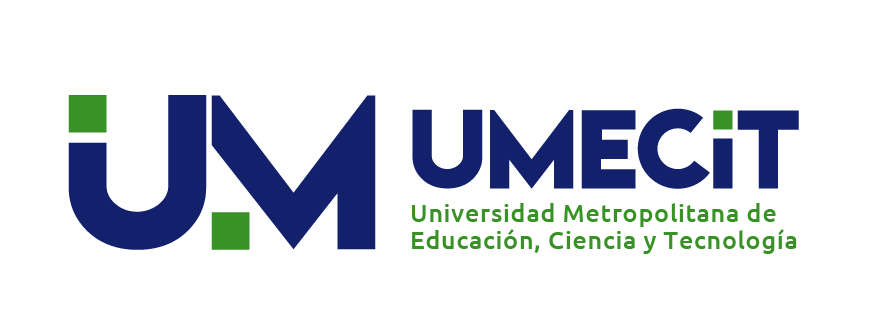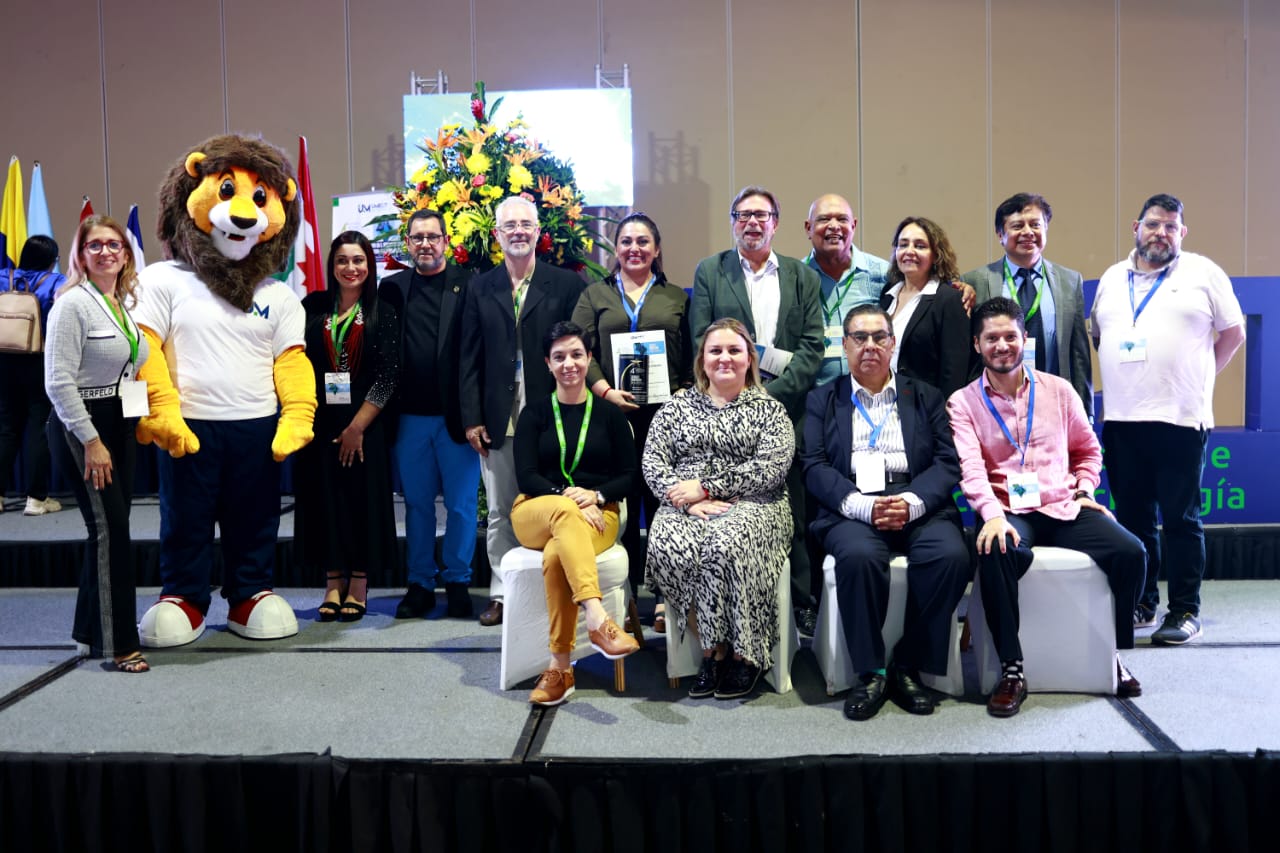Successful 4th. UMECIT International Research and Innovation Congress: More than 1000 Attendees Promoting Knowledge and Innovation
The Metropolitan University of Education, Science and Technology carried out the installation of the 4th with great success. International Congress on Research, Innovation and Postgraduate Studies, under the central theme: "Science and Innovation: Challenges and Opportunities to Generate Social Impact."
The event was attended by more than 1,000 attendees from various countries such as Colombia, Ecuador and Panama, as well as prominent national and international speakers from countries such as the United States, Canada, Mexico, Costa Rica, Spain, Chile, Argentina, and Colombia, who for three days talked about trends and innovation in topics such as research, artificial intelligence, digital transformation, among others.
The Rector, José Alberto Nieto Rojas, highlighted the importance of knowledge as a path to success and the future of humanity. In addition, he emphasized the need to foster creativity and innovation in students to face global challenges.
During the installation of the congress, the Vice Chancellor for Projects, Santiago Nieto Rueda, enthusiastically presented the UmeBot project, the first UMECIT robot designed to assist in services and classrooms, with the ability to identify human faces and emotions.
Nieto Rueda also announced that this House of Studies is exploring new frontiers in the development of spaces for academic interaction in the metaverse, an immersive experience that will prepare students for the world of virtual and augmented reality.
The installation of the Congress had the participation of the Minister of Education, Maruja Gorday de Villalobos, who virtually communicated with the audience to send her congratulations to UMECIT for organizing this great event.
For his part, the National Secretary of Science, Technology and Innovation, Eduardo Ortega, who participated in the main table, highlighted the importance of this type of meeting to promote the economic and scientific development of the country.
Three days of productive conferences and workshops
For three days, the 4th. International Research and Postgraduate Congress was a vibrant space for knowledge and collaboration. International speakers addressed topics such as emerging pedagogies, science, technology, innovation, sustainable entrepreneurship and more. The importance of research and publication in specialized journals to generate social impact was highlighted.
Among the outstanding speakers, we had Roberto Hernández Sampieri from the University of Celaya, Julio Cabero Almenara from the University of Seville, Alberto De Ycaza from SENACYT in Panama, Juan Postay from the Kennedy University in Argentina, Violeta Acuña from the Playa Ancha University in Valparaíso in Chile, Claudia Cintya Peña Estrada from the University of Querétaro in Mexico, Gilberto Javier Cabrera Trimiño from REIMA in the United States, Rosaura Paladino from Bancolombia in Panama, Paúl Sarango Lalangui from the Universidad Técnica Particular de la Loja in Ecuador, Pedro Hugo Rangel from the UNESCO Canada Chair, and Carlos Estévez from Elsevier in Colombia.
In addition, there was space to present the book “The Qualitative, Quantitative and Mixed Routes” by Dr. Roberto Hernández Sampieri in its 2nd edition. edition.
Workshops and research presentations were held in poster mode that further enriched the experience.
We congratulate the awardees and thank everyone for making the Congress a success.
Signature of agreement
Taking advantage of this great event, the signing of the Collaboration Framework Agreement between the Technological University of Santiago -UTESA- of the Dominican Republic and the Metropolitan University of Education, Science and Technology -UMECIT- was carried out.
This agreement represents a valuable alliance between two outstanding higher education institutions, focused on the generation of knowledge, research and training of competent and ethical professionals.
Both universities come together to carry out joint programs, exchanges of professionals and specialists, research projects, training, among many other actions that will enrich our academic communities.





















